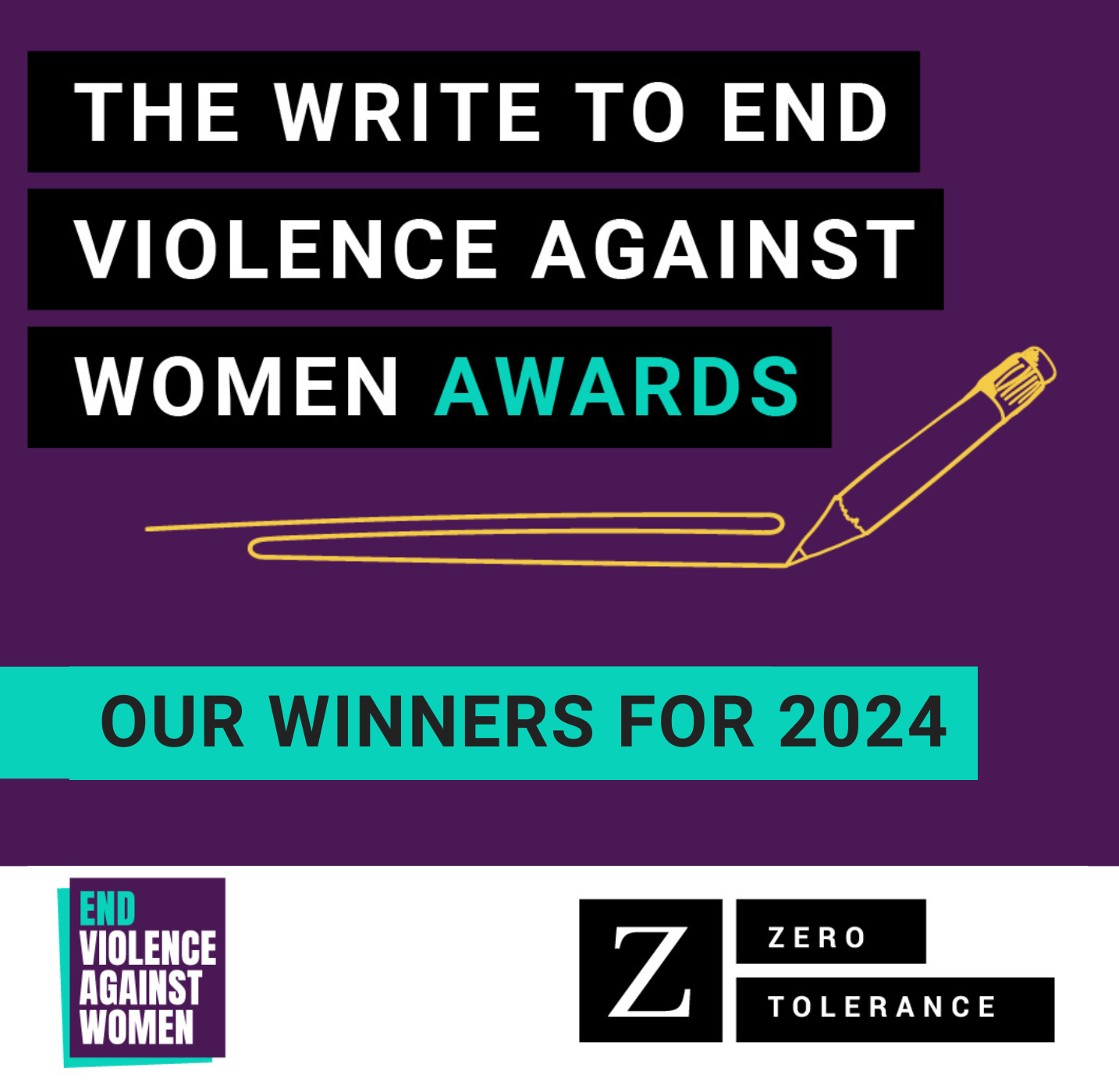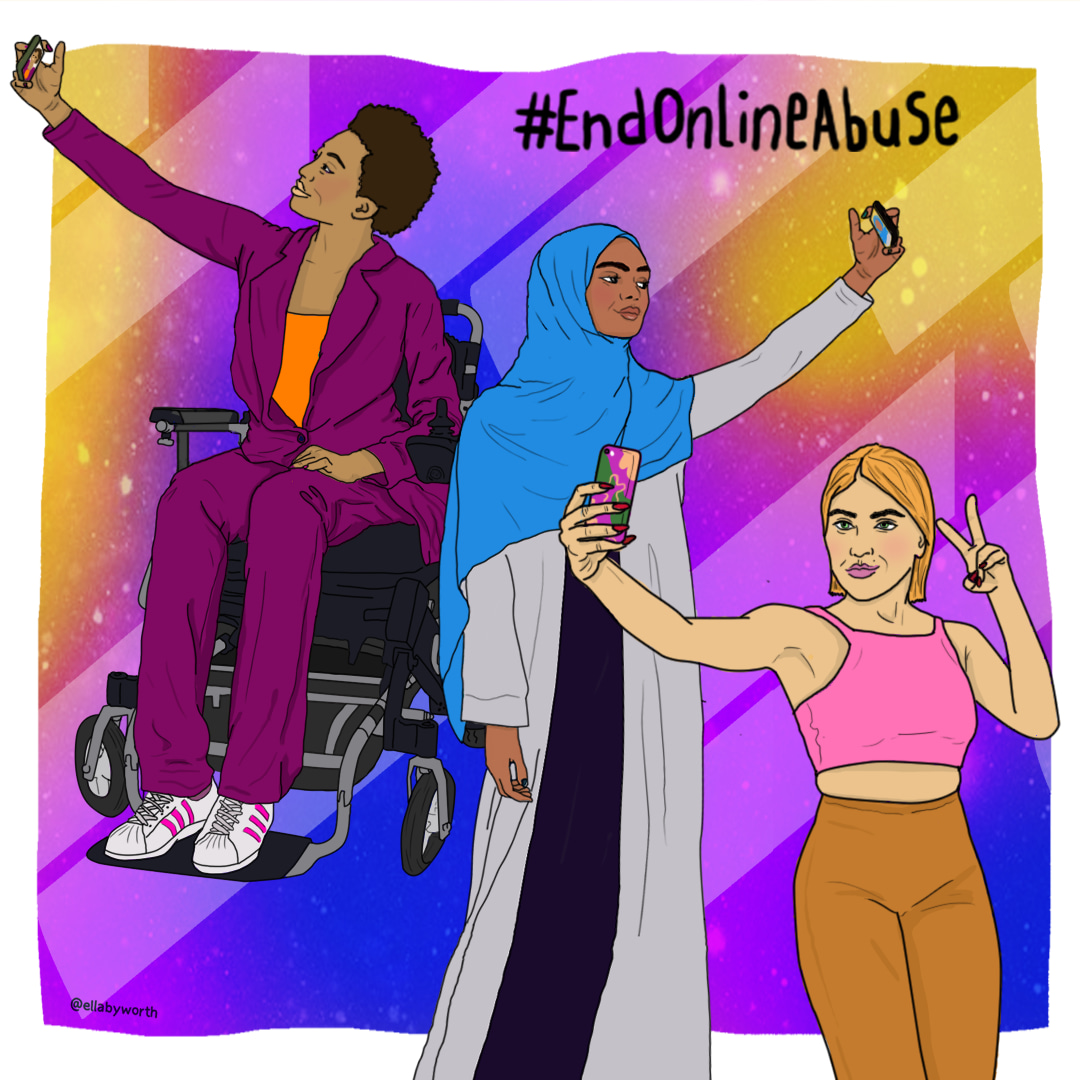 12 Dec
12 Dec
Yesterday (7th December 2021), the Law Commission announced recommendations to protect women and girls and reform hate crime law so that disabled and LGBT+ victims receive equal protection.
The Law Commission has recommended that the government consider the need for a new offence to tackle public sexual harassment, which it says “would likely be more effective than adding sex or gender to hate crime laws”.
However, it has recommended that “sex or gender” is not added as a protected characteristics for aggravated offences and enhanced sentencing, as it would be “ineffective at protecting women and girls and in some cases, counterproductive”.
The Law Commission claims that if misogyny were made a hate crime, if it were applied in the context of rape and domestic abuse, it could have the unintended consequence of making it more difficult for prosecutors to secure convictions. Equally, if these types of abuse were excluded, this would “make misogyny very much the poor relation of hate crime laws, applicable only in certain, limited contexts.”
In addition, the Law Commission recommends including sex or gender within the groups of people protected under the existing offence of stirring up hatred, which is any behaviour that incites others to hate entire groups. This would help to tackle the growing threat of “incels” – online communities of men and boys who view themselves as involuntarily celibate and hold misogynistic views.
Incels often call for serious violence against women and have been linked to or responsible for several high profile mass murders in recent years. According to the Commission for Countering Extremism, incels have been linked to 47 deaths since 2014, with extremist hatred resulting in real-world violence.
We welcome the Law Commission’s recognition of how unchecked abuse and harmful behaviour in online spaces impacts women’s lives – both online and offline, and support its recommendation against making misogyny a hate crime.
Misogyny as a hate crime will not prevent abuse of women and girls, much of which takes place in the home and is underpinned by women’s inequality, rather than hate. In addition, with our broken justice system unable to secure convictions in cases of rape and domestic abuse, we’re concerned that this would be ineffective and have little impact on survivors of violence against women and girls.
Rebecca Hitchen, Head of Policy and Campaigns at the End Violence Against Women Coalition, said:
“We are pleased to see that the Law Commission recommends extending the existing offences of stirring up hatred to cover incitement of violence and hatred on the grounds of gender, and we look forward to seeing how this recommendation is taken forward in the Online Safety Bill.
Addressing threats and incitement of violence against women and girls requires the involvement of tech companies, not just a criminal justice response. And women and girls will need to be explicitly referenced in the Online Safety Bill – something women’s organisations have been calling for. For these recommendations to have teeth, we need to see follow through in the Online Safety Bill.
We understand why there have been calls for street harassment to be made an offence, on the basis that it would be a symbolic rejection of the ways in which men treat women and cause fear and distress by catcalling, following, insulting and threatening us.
However, our concerns and reservations remains about whether it will make any meaningful change for women who experience this daily. This approach is likely to result in disproportionate criminalisation of specific groups – for example, already overpoliced Black and minoritised communities.
We are also concerned that it distracts from the real priority, which is prevention work that stops street harassment from happening in the first place. Criminalisation alone is an ineffective deterrent of violence against women and girls. A far more effective response would be wholesale investment in work with young people, particularly boys, around their attitudes and treatment of women and girls.”
The Law Commission’s recommendations form part of its broader work on violence against women and girls, including an upcoming review of the use of sexual history evidence in sexual offences, reviewing laws around intimate image abuse and recent recommendations around cyberflashing and rape threats.
ENDS
Recommended ARTICLES
 12 Dec
12 Dec
 25 Nov
25 Nov
 15 Nov
15 Nov

